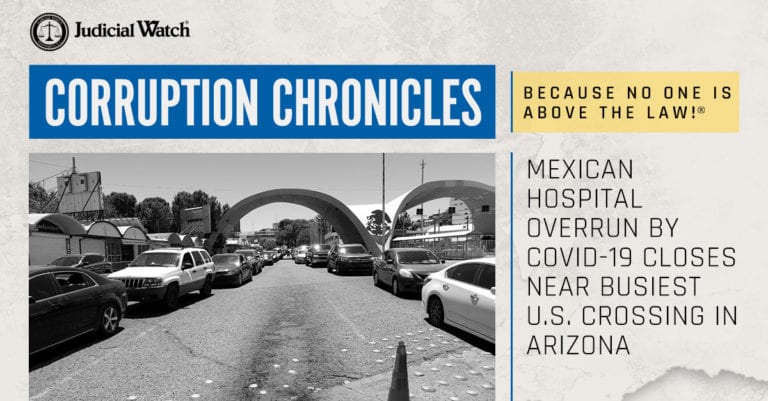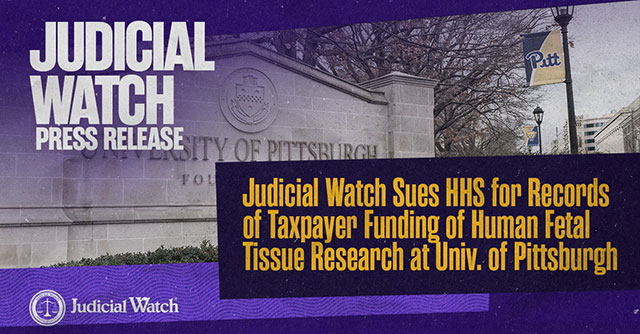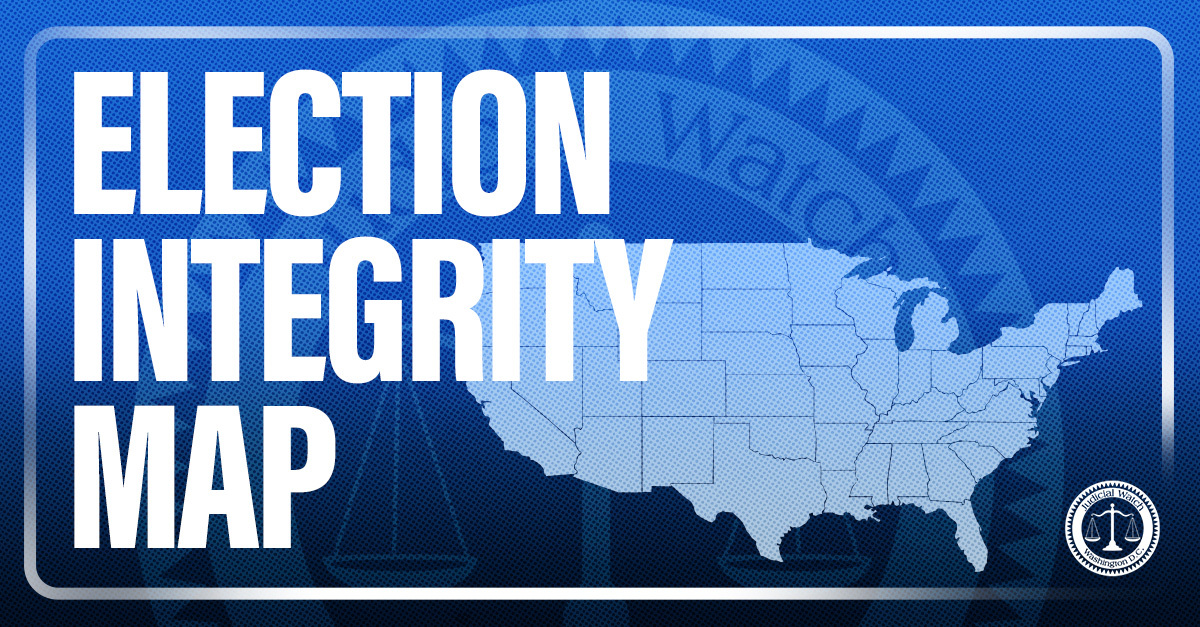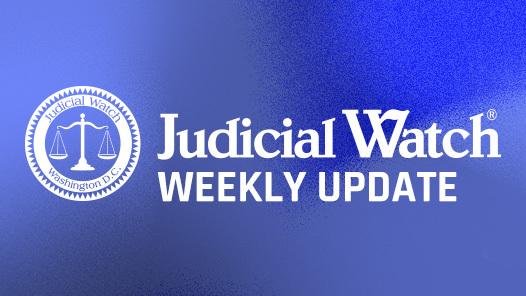
Mexican Hospital Overrun by COVID-19 Closes Near Busiest U.S. Crossing in Arizona

COVID-19 is spreading like wildfire in Mexican cities along the United States border yet transit between the countries has increased dramatically, flouting State Department travel restrictions issued to keep the virus from spreading. A few weeks ago Judicial Watch reported that southern border crossings are hotbeds of traffic that are jeopardizing the health of federal agents charged with screening the influx and potentially spreading the virus to American communities. The problem is only getting worse, according to Customs and Border Protection (CBP) sources, who say traffic is so bad that wait times in some crossings can take up to six hours. That is because thousands in border states, especially Arizona, are taking daily jaunts to Mexico to have lunch or dinner, shop, visit family and get haircuts in the middle of the pandemic. Many return to the U.S. the same day, creating a gridlock that must be screened by CBP officers.
In the Mexican city of Sonora, near the southwest Arizona town of San Luis, COVID-19 is so rampant that an overwhelmed hospital was shut down not far from the jam-packed San Luis border crossing. Mexican media reports that a nurse died at the facility, Hospital de San Luis Rio Colorado, and more than 30 doctors and nurses are sick with the virus. At least 20 doctors may also be infected. Nevertheless, the San Luis crossing remains among the busiest along the southern border, with consistently lengthy wait times. “It’s crazy busy,” said veteran CBP agent Patricia Cramer, who also serves as president of the Arizona chapter of the agency’s employee union. In the last few days wait times have spiked up to six hours, according to agents who man the hectic crossing. This week the shortest wait time has been over two hours, according to records provided to Judicial Watch by agents in the sector. “That hospital that got closed is near the busiest port along the southern border,” said Cramer who has been in contact with the mayor of San Luis, a working-class town of about 34,000 adjacent to the Colorado River. “He is very worried,” she said. “His town is going to get hit hard.”
In El Paso, Texas nine CBP officers have tested positive for COVID-19 and, though traffic in that sector has been lighter than in Arizona, officials say there should be no cross border traffic considering a big COVID-19 outbreak in nearby Ciudad Juárez, Mexico. This week Mexican officials report 140 COVID-19 case in Ciudad Juárez and 33 deaths. “Juárez is right across the border from us and they’ve had more than 30 deaths,” said longtime CBP officer John Monahan, who serves as president of the El Paso CBP union. “The border needs to be shut down for a period of time,” Monahan insists. “It defeats the purpose if you let people cross back and forth over and over again.” Like many of his colleagues at the agency Monahan is calling on the Department of Homeland Security (DHS) to curb the flow of cross border traffic during the health crisis. “I don’t think DHS cares about our health and safety,” he said. “Agents are scared and there’s a lot of anxiety.”
Under COVID-19 protocols Mexican nationals are not allowed to go back and forth via land crossings for non-essential travel, but those with legal U.S. residency (green cards) and citizens cannot be stopped. Cramer and her fellow agents are calling on elected officials to help curb the non-essential cross border traffic, which they say is a threat to the nation’s health and safety. That is precisely why DHS issued travel restrictions for land ports of entry and ferries between the U.S. and Mexico during the pandemic. The document published in the Federal Register states that the risk of continued transmission and spread of COVID-19 between the U.S. and Mexico poses a “specific threat to human life or national interests” and therefore officials in both countries have mutually determined that non-essential travel between the nations “poses additional risk of transmission and spread of COVID-19.” Essential travel is defined as American citizens and lawful residents returning to the U.S., medical purposes, military or diplomatic duties and lawful cross-border trade.

















